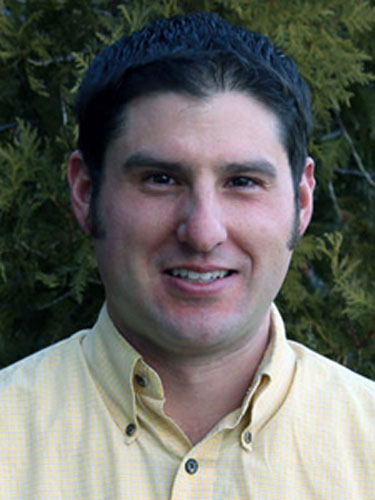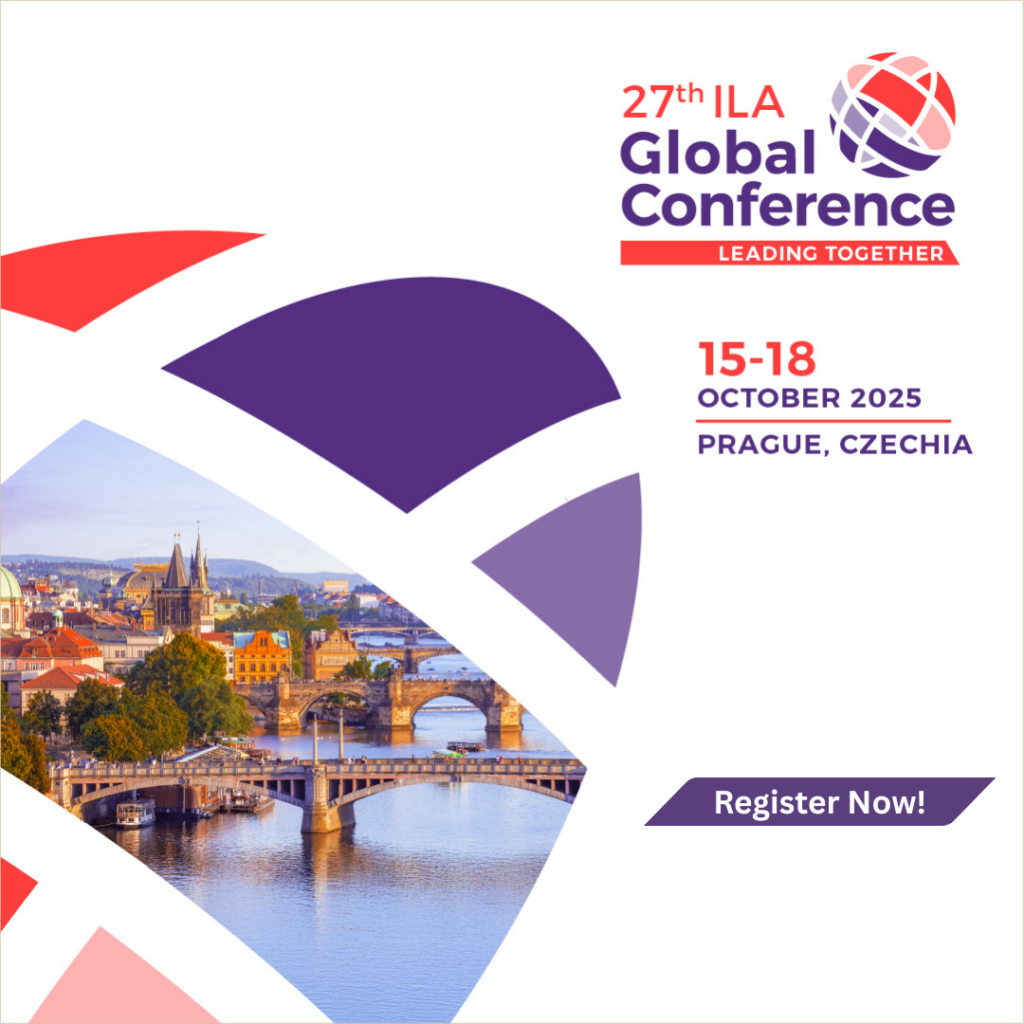by Dan Jenkins and Lisa Endersby
- December 10, 2020
Share:
It was perhaps prophetic, but certainly fitting, that the theme for our 2020 PAUSE for Pedagogy series was “Leadership and ….” With the goal of exploring leadership as a truly interdisciplinary and diverse field, we sought out authors who had incorporated ideas that offer novel insights into how we define leadership and who might see themselves as a leader. The term “creative partnerships” in our 2020 Author Guidelines implied the importance of integration over addition and attracted narratives that critically examined collaboration and inclusion as not only important features of leadership but also core competencies and values for leadership educators.
In this light and, upon reflection, in light of participating in the 2020 virtual ILA Global Conference, themes related to accessing leadership development and education as well as opportunities to explore multiple social identities abounded. I (Dan) attended the panel presentations “ILA Guiding Standards for Academic Programs: Promoting Continuous Quality Improvement” and “The National Leadership Education Research Agenda 2020-2024: Advancing Collaboration & Inclusion” where panelists illustrated ways in which members of our association intentionally model collaboration across global boundaries. Specifically, both of these presentations highlighted critical association activities aimed at moving the field forward through efforts that reimagine and bring current leadership education research and programming. What stood out was the evidence of focused energy around giving voice, practicing inclusivity, and facilitating diversity — in all of its forms — to contributors who were not present in previous iterations of each initiative.
Other concurrent sessions also promoted collaborative and inclusive leadership by providing space for debate on the dynamic between leadership and followership and what leadership means in specific cultures across the globe. Utilizing the lens of social justice, sessions highlighted identities that perhaps were not previously represented or had been marginalized such as the workshop “Navigating White Fragility in Leadership Education.” At the same time, somewhere else in the virtual OnAir platform conversations were being had about crises in a variety of contexts as well as opportunities to evaluate world leaders’ responses thereto. Serendipitously, the timing of the conference with the U.S. 2020 presidential election allowed for an even deeper critical analysis of some of the above-mentioned topics. Equally, the projections of Joe Biden’s win by major global news outlets during the November 7th conference sessions offered a chance to process the announcement, discussing leadership and democracy, with peers across the globe. Here in Canada I (Lisa) followed the elections with interest, while reflecting on my own country’s terrible history and ongoing conflicts with our Indigenous population. The initial work of the Truth and Reconciliation Commission of Canada (TRC) and its Calls to Action demand leaders and leadership, though in a way, and at a time, where people are being centered far more than policy or politics. As divisive as many of these events have been, they highlight more than ever the necessity of leadership and partnership, leadership and compassion, and leadership and, and with, everyone.
What stood out was the evidence of focused energy around giving voice, practicing inclusivity, and facilitating diversity — in all of its forms — to contributors who were not present in previous iterations of each initiative.
Shifting to our PAUSE for Pedagogy series, several articles described how leadership and the “real world” might be integrated into classroom activities. Educators shared ideas related to, for example, different ways of working with other contexts and diverse populations. Case studies have long been a valuable tool for leadership education, yet our authors offered a more careful, critical examination of the what and how of case studies. Our recorded interviews asked us to consider who was being represented in these case studies — how real is the “real world” that we explore in these exercises? Conversely, there was a renewed emphasis on skill development and practice, whether through case study assignments or large scale strategy games. What was common here was the expressed value of learning to do leadership alongside learning to be a leader. For many students, and perhaps for many of us, leadership can stay stuck in the realm of theory or philosophy, which we know can actively exclude (and has historically excluded) others. Our authors this year helped us reimagine leadership as leadership and, for, and with a world that actively includes diverse perspectives and offers space for engaged contributions to and participation in the field. This theme of reimagining will continue with ILA’s 2021 global conference, Reimagining Leadership Together.
Although the pandemic has limited, if not eradicated, our ability to physically move across borders, the PAUSE for Pedagogy series has allowed us to consider not just what leadership is, but what leadership education might truly be for. Leadership and diversity, in partnership, can illustrate what divides us and what unites us. More importantly, we saw discussions of leadership for and as action; here again our articles and videos offered reflections on what it looks like to do leadership and just how far a single word, idea, or action can reach. Leadership and action can no longer be separated, and are now, as demonstrated in our 2020 series, catalysts for meaningful change.
A special thank you to all of our 2020 PAUSE for Pedagogy authors. Your willingness to write, speak, engage, and contribute to these important, evolving conversations has and will continue to help inspire leadership educators for years to come. You can view the complete PAUSE for Pedagogy archive in ILA Intersections. If you are interested in writing a PAUSE for Pedagogy article, or want to learn more about the series, you can email Lisa and Dan at PAUSEforPedagogy@ila-net.org. Our call for article proposals is available here: https://docs.google.com/document/d/1WjFGivy5kKnJlKMT5CjMN8pKECAxXU5IHtn4XwdmnPE/edit

Dan Jenkins is Chair and Associate Professor of Leadership & Organizational Studies at the University of Southern Maine. He received his doctorate in Curriculum & Instruction (Higher Education Administration) from the University of South Florida. Dan has published more than 30 articles on leadership education and assessment and is an associate editor for the Journal of Leadership Studies. Dan is also a past Chair of the ILA Leadership Education MIG, Co-Chair of the ILA Leadership Education Academy, and enjoys numerous volunteer roles with the Association of Leadership Educators. Follow Dan @Dr_Leadership.

Lisa Endersby is a speaker, educator, and storyteller exploring the intersecting realms of technology, leadership, and assessment in higher education. Her current role as an Educational Developer at York University involves supporting faculty in exploring and implementing innovative best practices for teaching and learning. Her doctoral work examines the relationship between professional identity development and communities of practice. Lisa also volunteers her time as the EDC Institute Coordinator for the Educational Developers’ Caucus (EDC). Lisa can be reached at lmendersby@gmail.com.


